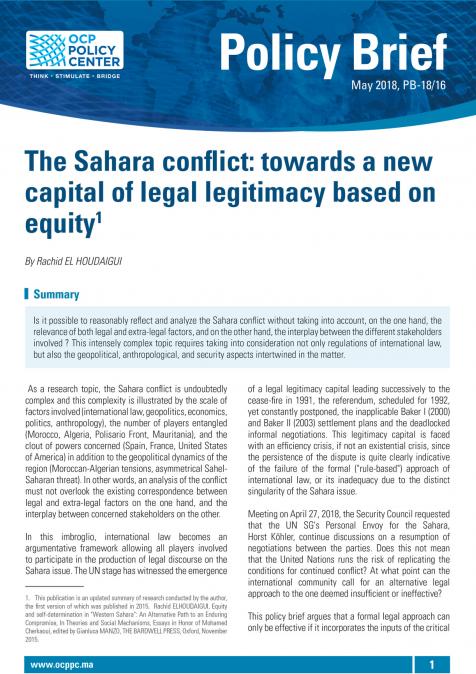Podcasts
La politique de sécurité du Japon en Afrique: A l’aube d’une approche stratégique?
Related topics:
Dans ce briefing, Céline Pajon, chercheur au centre Asie de l’Institut Français des Relations Internationales (IFRI), expose la politique de sécurité du Japon en Afrique, qui connaît une expansion importante ces dernières années. A titre d’exemple, la première base militaire japonaise à l’étranger depuis 1945 est en cours de construction à Djibouti, et le Japon participe activement à des opérations de lutte contre la piraterie ou de maintien de la paix. Quelles sont les raisons, économiques et géopolitiques, qui orientent cette évolution de la politique japonaise en Afrique ? Quels moyens sont mobilisés par le Japon pour consolider sa présence et atteindre ses objectifs ?




